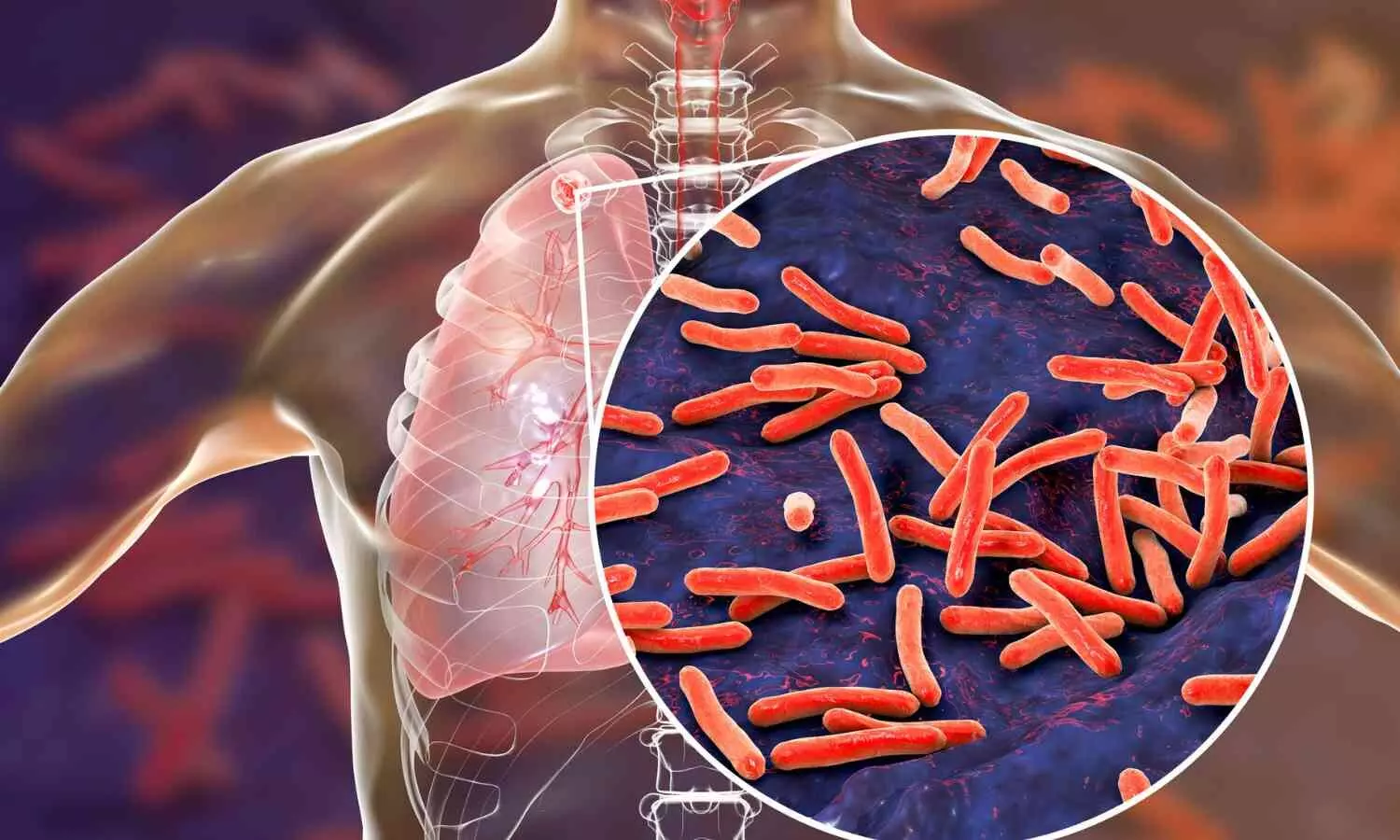Health Minister JP Nadda Announces Key Initiatives to Increase Nutrition Support for TB Patients and Families

New Delhi: Tuberculosis (TB) remains one of India’s most significant public health challenges, contributing to nearly a quarter of the global TB burden. TB is caused by Mycobacterium tuberculosis, which primarily affects the lungs but can also impact other parts of the body.
If left untreated, TB can be fatal, making it a major public health concern, especially in densely populated countries like India. TB continues to demand substantial attention and resources.
In a step to address tuberculosis (TB) more effectively, Union Health Minister J.P. Nadda has announced new measures aimed at providing better nutrition for TB patients and their families.
Under the Ni-Kshay Poshan Yojana (NPY), monthly nutritional support for TB patients has been increased from ₹500 to ₹1,000 for the entire duration of their treatment. This adjustment is expected to benefit around 25 lakh TB patients each year, offering more substantial support to individuals battling the disease.
In addition to this, the government has introduced Energy Dense Nutritional Supplementation (EDNS) for underweight TB patients, defined as those with a Body Mass Index (BMI) below 18.5. Approximately 12 lakh patients are set to receive this nutritional boost during the first two months of their treatment. This initiative is estimated to cost an additional ₹1,040 crore, shared between the central and state governments on a 60:40 basis.
Moreover, the Ni-Kshay Mitra initiative, previously focused on supporting TB patients, will now be extended to household contacts of TB patients. Family members will receive food baskets to enhance their immunity, which is expected to help reduce the financial burden of treatment and support recovery. This move could also lower the out-of-pocket expenses incurred by families struggling with TB, further easing the burden on households.
The Union Health Ministry has already disbursed ₹3,202 crore to 1.13 crore beneficiaries through Direct Benefit Transfer (DBT) under the Ni-Kshay Poshan Yojana. These new initiatives aim to address the nutritional needs of both patients and their families, helping to improve treatment outcomes and reduce TB-related mortality.
By expanding support beyond the patient, the government is taking steps to create a more comprehensive approach to TB management, addressing both the health and financial challenges faced by TB-affected households.


